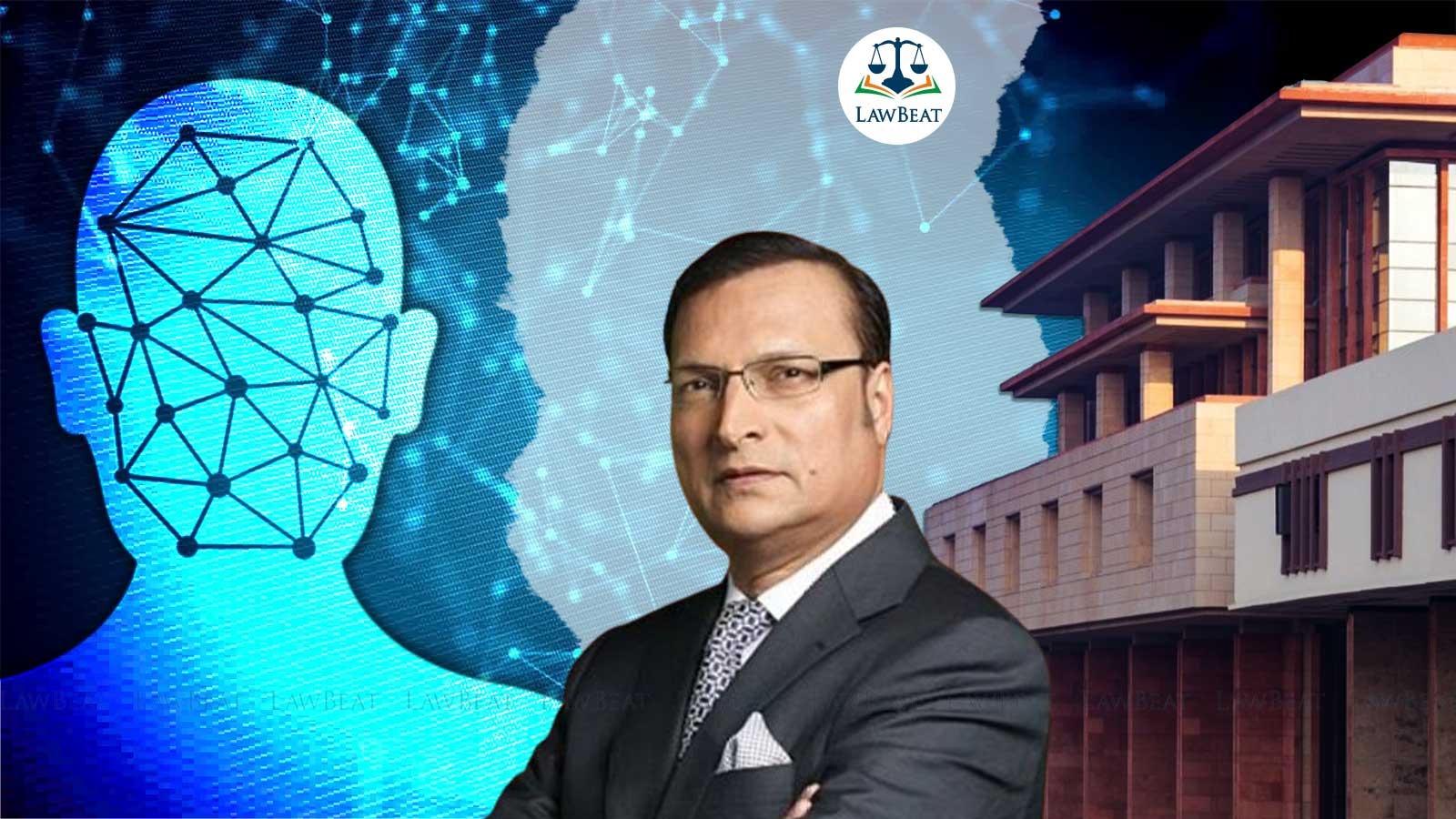Aap Ki Adalat Host Rajat Sharma Approaches Delhi High Court Against Deep Fake Videos

The plea highlighted the potential dangers associated with deep fake technology, including its contribution to misinformation, and its threat to public discourse, democratic processes, and individual privacy
Aap ki Adalat host and journalist Rajat Sharma, on Wednesday, approached the Delhi High Court challenging the lack of regulation surrounding deepfake technology in India.
Acting Chief Justice Manmohan and Justice Manmeet PS Arora directed the Union Government specifically the Ministry of Electronics and Information Technology to file a response.
During the hearing, the bench expressed concern over the absence of regulation in addressing what it deemed a significant issue. The bench questioned the Central Government's willingness to take action, noting that political parties had also raised concerns about the matter.
The plea emphasized the heightened risks when deep fakes involve influential figures such as politicians, athletes, or celebrities, whose statements sway public opinion. It stressed the urgent need for stringent regulations to mitigate the risks posed by the misuse of this technology.
Furthermore, the plea highlighted that the lack of regulation infringed upon fundamental rights guaranteed by the Constitution of India, including the rights to freedom of expression, privacy, and a fair trial. It criticized the government's failure to implement regulations despite its earlier commitment to do so in November 2023.
The PIL sought several directives from the court, including identifying and blocking access to platforms enabling the creation of deepfakes, appointing a dedicated nodal officer to address complaints within specified timeframes, and instructing social media intermediaries to promptly remove deepfake content upon receiving complaints.
Additionally, the plea further sought the implementation of appropriate guidelines to ensure that access to artificial intelligence and deepfake technology aligns with constitutional rights until formal regulations are established by the government.
The case reflected growing concerns over the unregulated use of deepfake technology and underscored the urgent need for effective measures to address its potential harms.
Case Title: Rajat Sharma v Union of India
